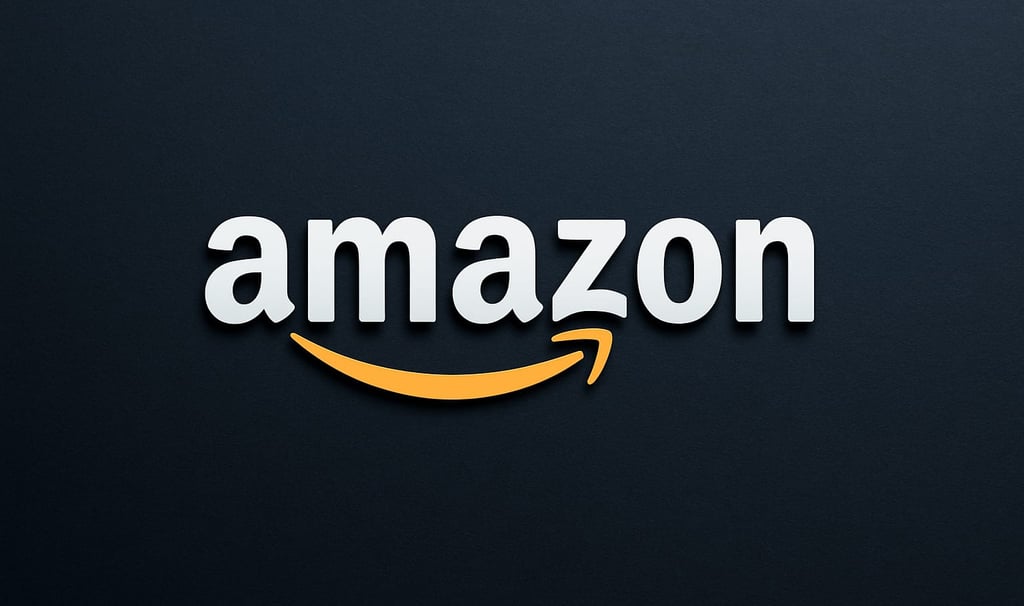Legal Battle in France: Amazon’s Kuiper Satellite Internet License Under Review
French telecom union challenges Amazon’s 10-year Kuiper satellite license, citing market fairness, security risks & lack of bidding process.
Raja Awais Ali
11/24/20252 min read


Amazon’s Satellite Internet License in France Faces Legal Challenge
On November 24, 2025, Amazon found itself at the center of a major legal dispute in France. The French telecom union CFE‑CGC Telecoms filed a challenge against the national regulator Arcep, seeking to annul the decision that granted Amazon a 10-year radio‑spectrum license for its Project Kuiper low-earth-orbit (LEO) satellite network.
According to the union, Arcep failed to conduct a proper market analysis before awarding the spectrum. It also argues that there was no consultation with France’s competition authority, and that the scarce frequencies were allocated to Amazon without a competitive bidding process.
National security and data protection are also central to the dispute. The union warns that because Amazon is not a European operator, its involvement raises risks for emergency communications and sensitive data, which could pose broader security challenges.
Amazon, for its part, plans to deploy a constellation of more than 3,000 LEO satellites as part of its Kuiper project. The company aims to begin enterprise services in France by the end of 2025, with a wider public rollout expected in 2026.
Back in July 2025, Arcep officially granted Amazon a 10-year license to use specific radio frequencies for its satellite service. The authorization includes a non-interference clause, meaning Amazon must cease its transmissions if there is evidence of harmful interference with other operators’ signals.
What’s at stake goes beyond Amazon’s ambitions. This legal challenge reflects a broader trend in Europe, where American tech giants are facing tougher scrutiny as they move into the satellite broadband market. In France, Amazon’s Kuiper already competes with Starlink and the European operator Eutelsat.
If the court sides with the union, the consequences could be serious for Amazon: the license could be revoked or its conditions significantly altered. This would delay — or even derail — Amazon’s plan to scale Kuiper in France.
In conclusion, this legal battle is not just about licensing. It highlights critical issues of technology governance, market fairness, and national security. A ruling against Amazon could reshape how satellite internet is regulated in Europe — and set a precedent for similar challenges in other countries.
Stay informed with the latest national and international news.
© 2025. All rights reserved.